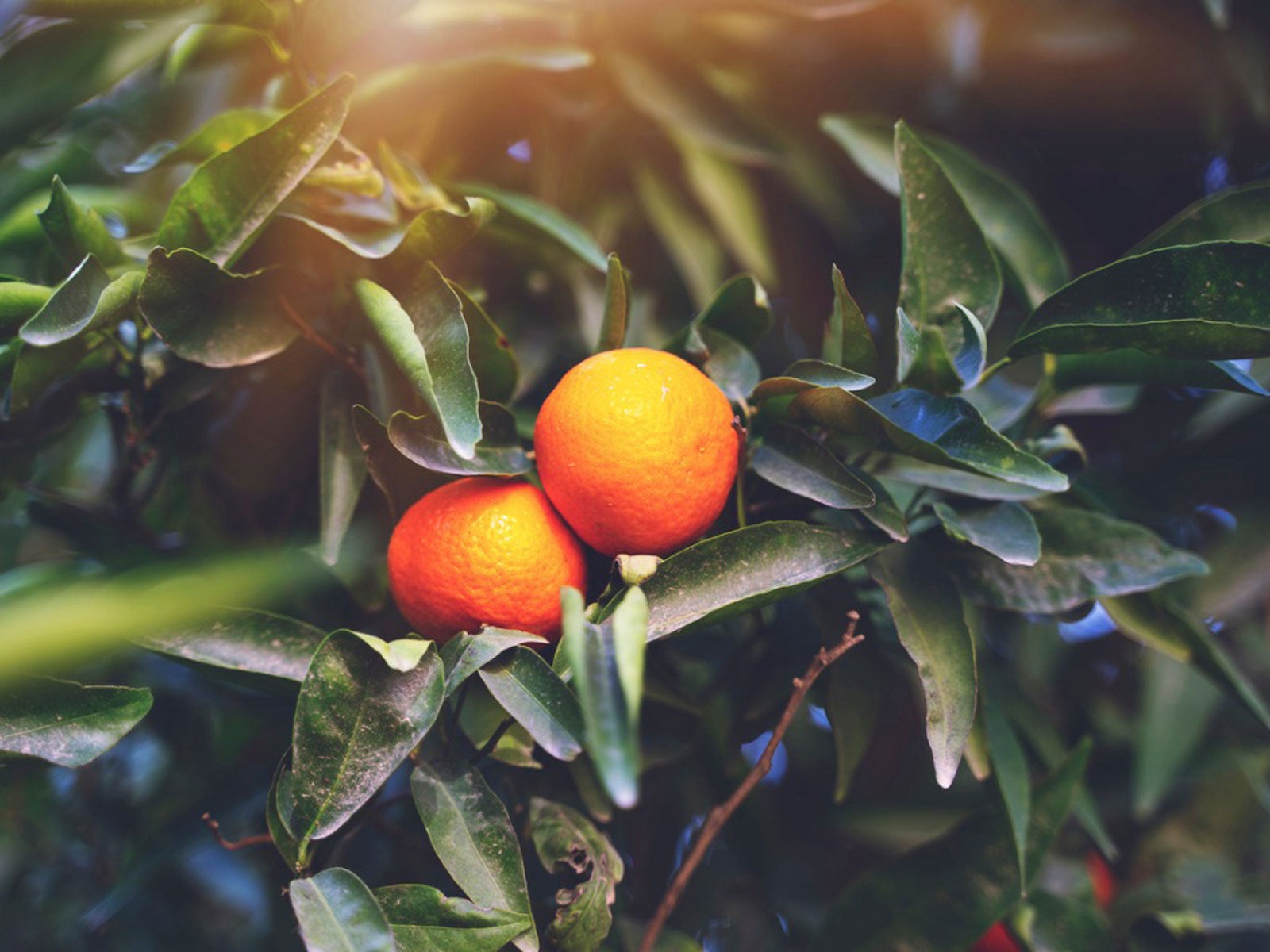Small Orange Problem – What Causes Small Oranges


Size matters – at least when it comes to oranges. Orange trees are ornamental, with their rich foliage and frothy blossoms, but most gardeners who have orange trees are most interested in the fruit. If you’ve gone to all the trouble to plant and nurture an orange tree in your home orchard, you are going to be disappointed if your fruit are consistently tiny.
There are a variety of potential causes for small fruit on orange trees. Read on for an overview of causes of your tree’s small orange problem.
Why Orange Tree Has Small Fruit
If your orange tree has small fruit early in the season, the situation may be normal. These citrus trees are known for dropping a number of tiny fruits early on when the tree has produced too many. However, if the oranges that mature on the tree are also undersized, you have a small orange problem. The likely causes of small fruit on orange trees includes nutrient stress, water stress, and insect pests or infection.
Nutrients and Small Oranges
A deficiency in some nutrients can cause an orange tree stress, which in turn, can cause a small orange problem. One likely culprit is a zinc deficiency. When citrus trees don’t get enough zinc, the leaves develop uneven green bands along the veins. Leaf growth can be affected, and fruit can also be discolored and small.
To address this problem, apply a micronutrient spray in spring and again at the end of summer. These sprays contain iron, zinc, and manganese.
Small Fruit on Orange Trees from Irrigation
Every tree needs regular irrigation in order to thrive. This is especially true when the tree produces juicy fruit like oranges. Inadequate or improper water can stress the tree and cause small fruit.
Even watering every day may not be enough if you don’t do it right. Citrus trees need to have their entire root system irrigated. The roots can extend 2 feet (61 cm.) deep and several feet (1 m.) beyond the canopy. When you irrigate, wait until the top 3 inches (8 cm.) are dry, then water thoroughly enough to get a drink to all of the roots.
Sign up for the Gardening Know How newsletter today and receive a free copy of our e-book "How to Grow Delicious Tomatoes".
Insect Pests and Small Orange Problem
One of the insect pests that attack orange trees are citrus rust mites. There are several types of these mites that damage the fruit, including causing small fruit on orange trees. They also may cause premature fruit drop and leaf loss. Look for dull, bronzed leaves and leaves with necrotic spots. Miticide applications annually can help prevent this issue.
If your mature oranges are small, the problem might be caused indirectly by leafhoppers. These insect pests can spread the pathogen Spiroplasma citri that can lead to a disease called Stubborn disease. This disease can cause an orange tree to bear no fruit or abnormally small fruit. The orange fruit may be lopsided with a green blossom end. The only remedy is to remove and destroy the trees.
Another pest that indirectly causes small oranges in orchards is the melon aphid. Its feeding causes the tristeza disease complex. Look for light green leaves, early leaf drop, and a heavy crop of small oranges. The only control for this infection is preventing it by taking care to control aphid populations.

Teo Spengler is a master gardener and a docent at the San Francisco Botanical Garden, where she hosts public tours. She has studied horticulture and written about nature, trees, plants, and gardening for more than two decades, following a career as an attorney and legal writer. Her extended family includes some 30 houseplants and hundreds of outdoor plants, including 250 trees, which are her main passion. Spengler currently splits her life between San Francisco and the French Basque Country, though she was raised in Alaska, giving her experience of gardening in a range of climates.